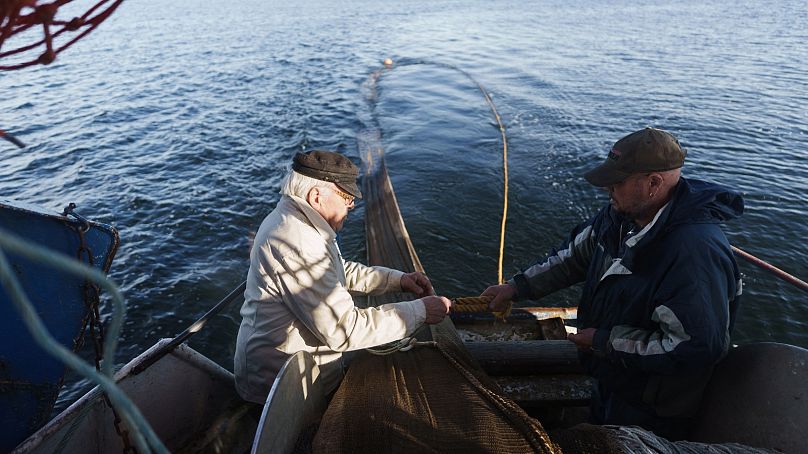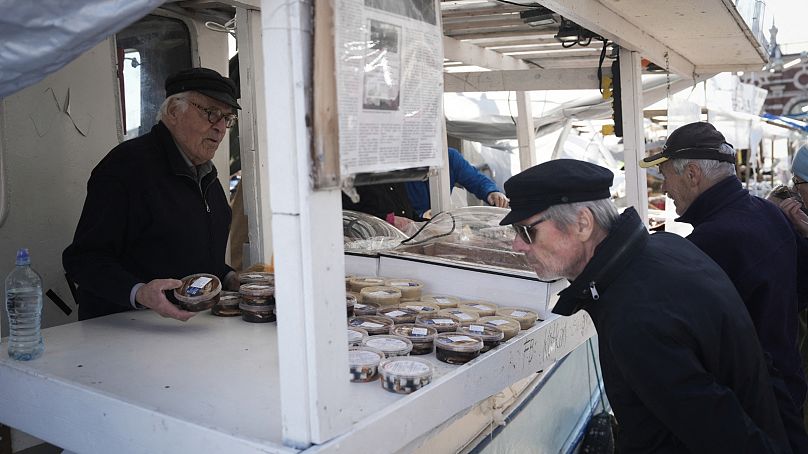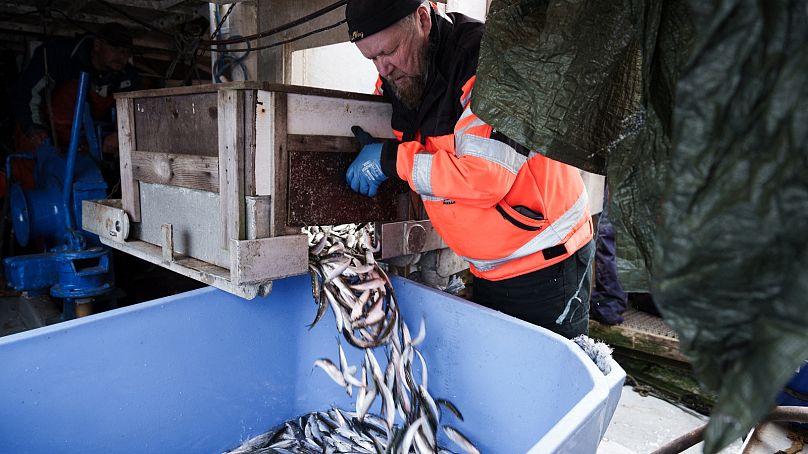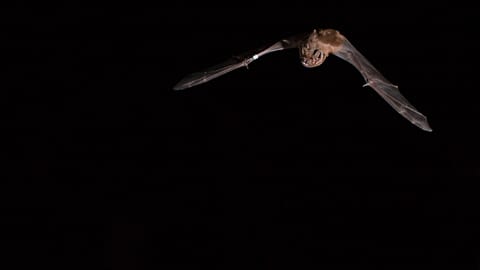Finns have been fishing for herring for generations, but new reduced EU quotas are threatening the traditional livelihoods of coastal communities.
 ADVERTISEMENT
ADVERTISEMENT
Even at the age of 84, Holger Sjögren nimbly untangles the knots in his fishing net, which he then drags down into the murky depths of the Baltic.
The fifth generation of a fishing family, Sjögren has been fishing for herring off the coast of Kotka, a town in south-east Finland, for five decades.
In the harbour, dozens of loyal customers wait impatiently for him to return to buy the day's catch on board the boat.
This bucolic, traditional trade is in danger of becoming rarer.
Over the decades, the Baltic Sea, nestling between the industrialised countries of Northern Europe, has become one of the most polluted marine ecosystems on the planet.
In October, the European Union decided to slash by 43% the herring quotas authorised in these waters in 2024.
Herring accounts for around 80% of Finland's annual fish catches.
"Many people are afraid they'll have to throw in the towel," says Holger Sjögren.
Disappearing species
With fish populations plummeting since the 1970s, Baltic herring could suffer the same fate as many other species that have almost disappeared from the region.
The Baltic is characterised by shallow waters, making it particularly vulnerable to climate change. Its surface area is comparable to that of the Black Sea, but in terms of volume, the Black Sea contains up to 20 times more water.
Rising temperatures and falling salinity - itself due to increased rainfall and reduced inflow of water from the Atlantic Ocean - are threatening many species that are struggling to adapt.
"The more the Baltic Sea becomes a lake, the more harmful the situation will be for marine species," explains Jukka Pönni, a researcher at the Finnish Natural Resources Institute (LUKE).
As the Baltic becomes less saline, large saltwater species such as cod are suffering more and more.
In the 1980s, the cod population reached record levels, but it has collapsed in the space of a few decades, to such an extent that the European Union has had to impose an emergency ban on its fishing in 2020.
The Atlantic sturgeon, once abundant, has also disappeared due to pollution and the obstruction of its migratory rivers.
Reverse effect
While some advocate major reductions in fishing quotas to preserve the remaining populations, others disagree.
"Even a total ban would not have helped (to preserve) the population. In fact, it would have had the opposite effect", says Pönni.
According to the researcher, it is the climate and environmental damage that are threatening the species more than fishing.
With the collapse of Baltic cod, herring have been deprived of their biggest natural predator.
Without fishermen, populations could become "too dense and the growth of individuals would be reduced" for lack of sufficient food.
Matti Ovaska, head of fisheries at the World Wildlife Fund (WWF), rejects this argument.
If intensive fishing continues at this rate, herring populations are likely to decline, paving the way for other species such as sprat to take over and prevent the herring from recovering, he says.
"Fishing will have to be reduced," says WWF's Ovaska.
The threat to herring, highly prized by Finns who eat it with all kinds of sauces, is worrying consumers.
"I eat herring every week," Markku Karjalainen told AFP from the market square in the centre of Helsinki, which was teeming with people on an autumn weekday.
From fermented herring with onions and bay leaves to smoked herring, "silakka" has been an important part of the Nordic culinary tradition for centuries.
But with more and more restrictions in place, there's a risk that fishing could come to a halt for good. "No one will invest in this sector any more", warns Pönni.
Not that Holger Sjögren will give up his nets.
"The European fisheries policy dictated by Brussels should be completely overhauled", insists the octogenarian, "and the tradition of the fishermen should be respected".




















